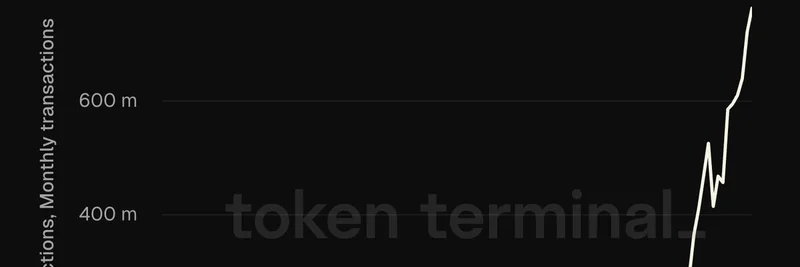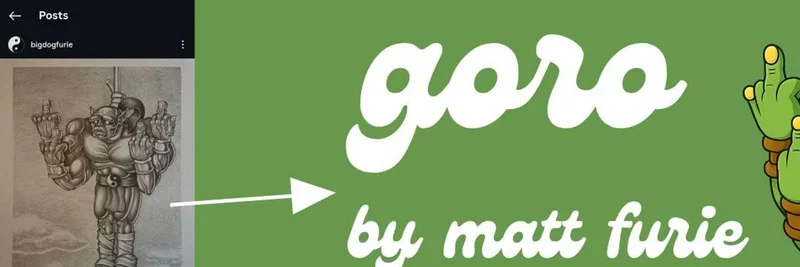The $300M Airdrop That Shook the Crypto World
Hey there, meme token enthusiasts! If you’ve been scrolling through X lately, you might’ve stumbled upon a wild story involving Bonk Guy, a popular figure in the meme coin scene. On July 6, 2025, someone sent him an unsolicited airdrop—98% of a token called "Bonk Level Savior"—pushing its market cap to a staggering $300 million in minutes. Sounds like a dream, right? Well, not so fast. This unexpected gift has sparked a heated debate about taxes, decentralization, and wallet security. Let’s dive into the details from the thread by Crypto Tax Made Easy and unpack this crypto rollercoaster.
What Happened? The Airdrop Breakdown
Imagine waking up to find $300 million worth of tokens dumped into your wallet—without asking for it! That’s what happened to Bonk Guy. The token, launched on the BonkFun platform, skyrocketed thanks to this bold marketing stunt. But here’s the catch: the IRS might see this as taxable income, even if Bonk Guy never asked for it or touched the tokens. According to the thread, the "fair market value" of $294 million could be considered potential income, regardless of whether the project flops or rugs (a term for a scam where developers abandon a project after hyping it).
Bonk Guy handled it like a champ, though. He burned 98.3% of the tokens and swapped the rest into USELESS, another meme token on BonkFun, to avoid any centralization risks or personal gain. His move was all about protecting the ecosystem, but it still left a big question: what about the taxman?
Why This Is a Tax Nightmare
The thread from Crypto Tax Made Easy breaks it down perfectly. In the U.S., the IRS treats airdrops differently than other countries. If a token has a liquid market (like "Bonk Level Savior" did), it could be taxed as income the moment it hits your wallet—even if you didn’t want it! This is a headache for influencers like Bonk Guy, whose public wallets make them targets for these marketing gimmicks.
- Unfair Valuation: Selling the tokens might not even net $294 million due to thin liquidity, but the IRS could still tax based on that peak value.
- No Control: Since it’s unsolicited, Bonk Guy didn’t earn it through effort, yet he’s still on the hook.
- Global Confusion: The thread mentions that the UK and Canada have different rules—unsolicited airdrops might not be income until sold elsewhere, but it’s a gray area even for tax pros.
This situation highlights a bigger issue: crypto’s wild west nature clashes with traditional tax systems. Influencers and everyday users with public wallets are now "spam airdrop bait," as the thread warns.
What Can You Do About It?
If you’re a blockchain practitioner or just a meme token fan with a public wallet, this story is a wake-up call. Here are some practical tips from the thread and beyond:
- Stay Anonymous: Avoid sharing your wallet address publicly to dodge unsolicited airdrops.
- Consult a Tax Expert: Tax laws vary by country (Koinly offers a 2025 guide on airdrop taxes), so get advice tailored to your location.
- Use Wallet Filters: The thread suggests a service to block spam transactions—imagine a spam filter for your crypto wallet!
- Monitor Security: Protect your private keys (never share them!) and consider cold storage, as advised by Debut Infotech.
Bonk Guy’s decision to burn the tokens shows integrity, but it doesn’t erase the tax risk. For now, the crypto community is left wondering how regulators will adapt to these quirky marketing tactics.
The Bigger Picture for Meme Tokens
This incident isn’t just about taxes—it’s a spotlight on the meme token ecosystem. Platforms like BonkFun are flipping competitors like Pumpfun, and tokens like USELESS are gaining traction. But with great hype comes great responsibility. Projects sending massive airdrops to influencers risk creating centralization (against crypto’s decentralized ethos) and legal headaches. As Crypto.com warns, scams often hide behind fake airdrops, so vigilance is key.
For now, Bonk Guy’s story is a cautionary tale and a testament to the unpredictable nature of meme tokens. Whether you’re hodling, trading, or just here for the laughs, keep an eye on your wallet—and maybe consult a tax pro before the next big airdrop hits!



